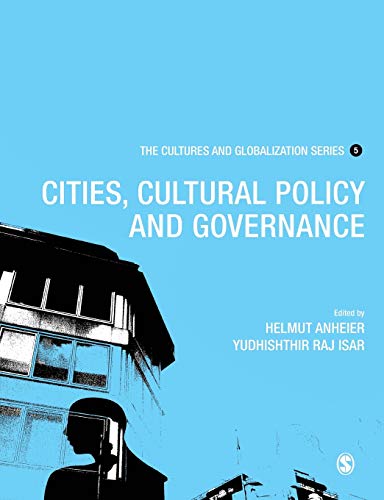Cultures and Globalization
Availability :
In Stock
₹ 4,814.40
M.R.P.:₹ 6018
You
Save: ₹1,203.60 (20.00% OFF)
(Inclusive
of all taxes)
Delivery:
₹ 0.00 Delivery charge
Author:
Helmut K Anheier
Publisher:
SAGE Publications Ltd
Edition:
1st Edition
ISBN-13:
9781446201237
Publishing Year:
2012-03-01
No. of Pages:
472 pages
Weight:
890 grm
Language:
English
Book Binding:
Paperback











